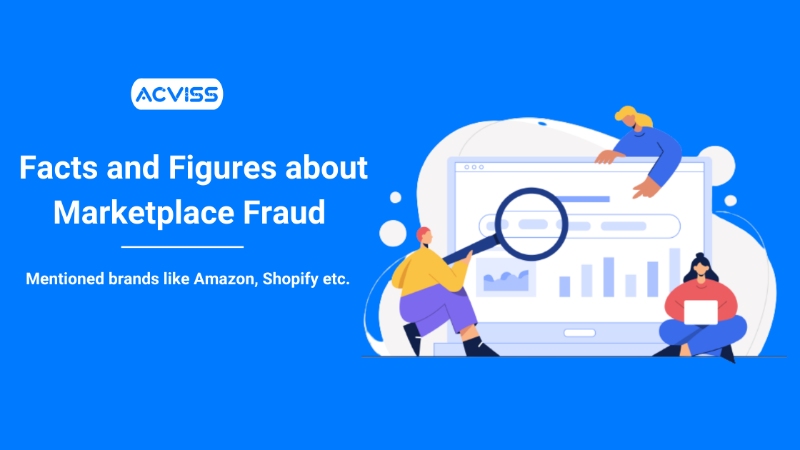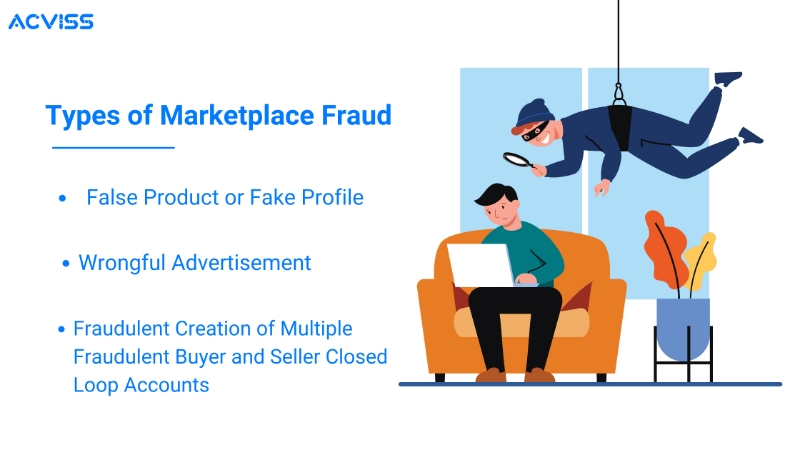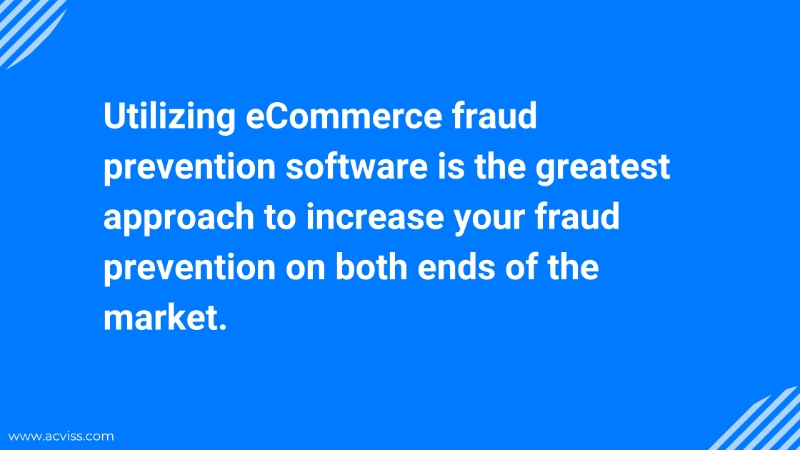
Making incorrect or deceptive promises through a business is known as marketplace fraud. This involves inflating a product or service's qualities in advertising, passing off knockoffs as the real thing, or concealing drawbacks or adverse effects. False advertising is a particular kind of business fraud. An online marketplace streamlines the process of connecting customers and vendors. The introduction of eBay in 1995 sparked the first wave of online markets. These and other similar product-focused marketplaces quickly appeared, from Amazon to WALMART's Jet.com.
Online markets have since developed to include both goods and services. These marketplaces have expanded across numerous market categories, from food to crowdfunding, whether it's to buy something, rent a place to live, or hire a ride. With this, there occurs a situation where people tend to take advantage of such platforms and use it to sell false products to genuine buyers.
The Types of Marketplace Fraud
- False Product or Fake Profile: Fraudulent sellers frequently imitate real sellers' profiles on marketplaces like Wish.com or Alibaba in order to fool customers and make money. This is known as fake profile or product fraud. Due to the business being taken, the original sellers also suffer from this. A prospective consumer is lost, and in certain situations, they might never even buy anything.
- Wrongful Advertisement: False advertising is the deceptive depiction of products or services through exaggerated, fraudulent, or false claims or assertions.
- Fraudulent Creation of Multiple Fraudulent Buyer and Seller Closed Loop Accounts: A fraudster creates numerous fake buyer and seller accounts. The fraudulent buyers use stolen credit cards to pay the fraudulent seller for fictitious goods or services.

Each month, more than a billion people use Facebook Marketplace to buy and sell things, but they are not the only ones making money. Facebook Marketplace has become a haven for scams as thieves are exploiting it to steal peoples' money. About 40% of the online transactions in the ScamTracker complaints for 2021 concern Facebook and Instagram. Nearly 792,000 instances of marketplace fraud had been reported in total in 2020, an increase of nearly 70% from the year before. With an average of 206,000 web marketplace attacks per month, eCommerce sellers operate in a very risky and expensive environment.
More startling data indicates that, by 2027, merchant losses from global payment fraud would total $40.62 billion.
The US is the nation with the highest incidence of fraud, with 34% of customers reporting that they were most likely to have fallen victim to fraud. The UK (33%) is in second place, followed by Canada (29%), Germany (27%), and Austria (21%).
Shopify does not run background checks on users of their service or examine accounts before customers report being scammed. This can be quite destructive since clients may lose all faith in a platform's validity as a result, and the platform will lose users.
Prevention Tips
For enterprises, preventing marketplace fraud can be challenging. It's crucial to keep a close eye on online stores that sell comparable goods to prevent product fraud. Keeping an eye on your consumers and those who make purchases using false information may also reveal additional resellers. You may stay on top of the most recent fraud trends by keeping an eye on both public marketplaces and the demands of those attempting to manipulate the deep web.
Utilizing eCommerce fraud prevention software is the greatest approach to increase your fraud prevention on both ends of the market. To detect fraud, machine learning fraud detection uses billions of consortium transactions and results. This is carried out in real-time at each stage of the client's life cycle to look for anomalous transaction patterns. Without having to regularly update the software, AI crawlers that search the deep and black web keep the system current.
There are several types of eCommerce fraud. The pandemic has increased sales for internet retailers, but it has also drawn more fraudsters to the world of online shopping. Simply put, more scammers will enter a business and attempt to wreak havoc the more money there is and the larger the market. One needs to be extra careful while making purchases or even entering banking details on an untrusted platform.



